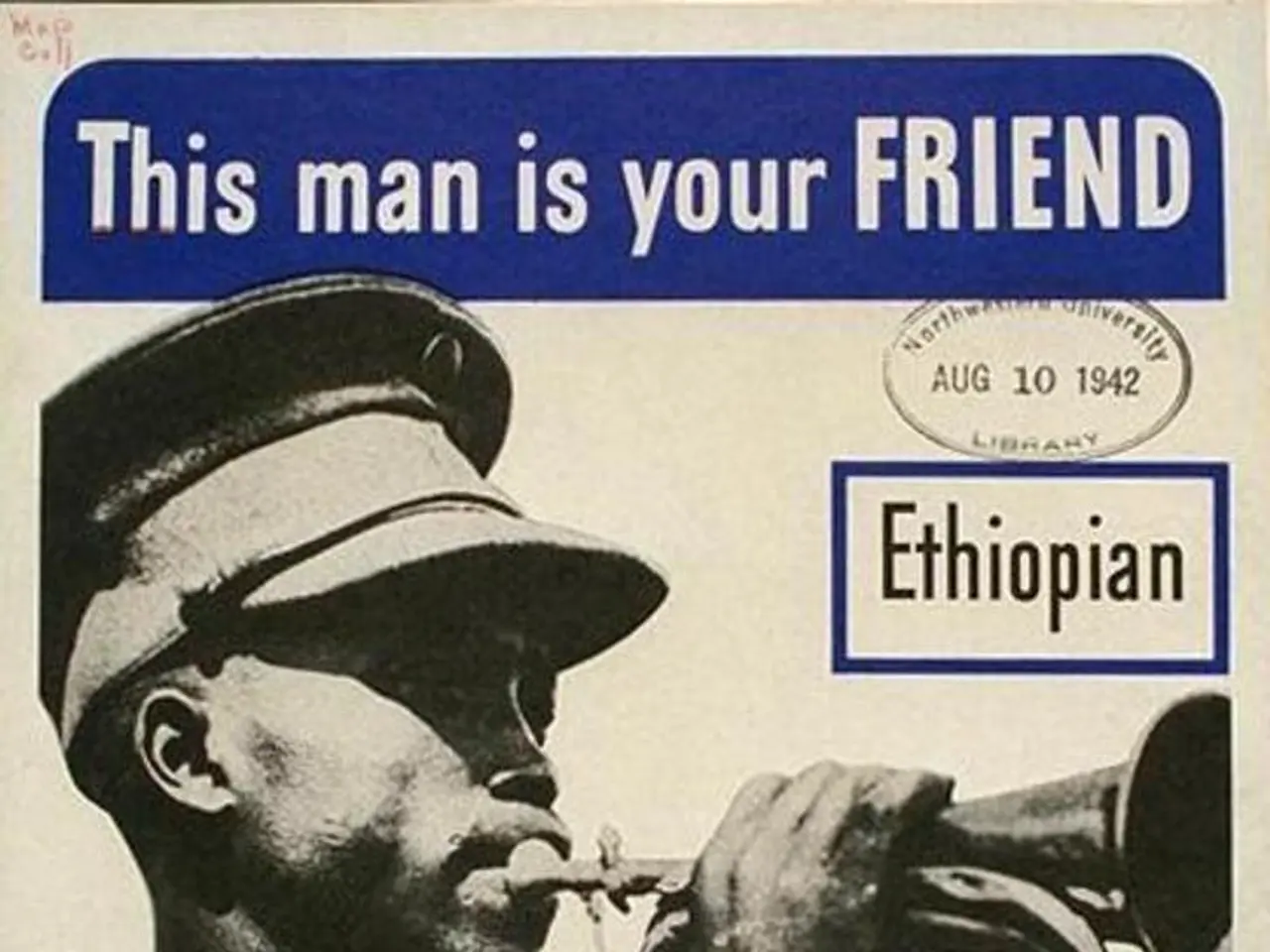Accountability Arrives at the Supreme Court with IPS' Apology – A Pivotal Moment for Honesty in Justice
The Supreme Court of India has made a landmark decision, mandating an Indian Police Service (IPS) officer and her parents to issue a public apology for filing false criminal charges against her ex-husband and father-in-law in a matrimonial dispute. This judgment, with far-reaching implications, serves as a precedent for accountability, justice, and the need for ethical conduct in legal proceedings.
The court's order comes after the IPS officer filed over 15 separate cases, including severe allegations such as cruelty, attempt to murder, and rape. As a result, the husband spent 109 days in jail, and his father 103 days. The lasting mental and physical trauma to the family was deemed irreparable and could not be compensated monetarily. Thus, the court mandated a public apology as a form of moral compensation.
The apology must be published in national newspapers (English and Hindi) and shared on social media platforms, reflecting the seriousness with which the court views the harm caused by the false cases. The court also canceled all ongoing criminal cases filed by the IPS officer, dissolved the marriage, and granted custody of the couple's eight-year-old daughter to the mother, with visitation rights ensured for the father.
This judgment implicitly addresses broader concerns about the misuse of protective laws like Section 498A IPC (cruelty and dowry harassment), which have been criticized for potential misuse in matrimonial disputes. The Supreme Court, through such decisions, emphasizes that filing false cases leads to serious consequences and undermines the integrity of the justice system.
The implications are multifold: it restores some measure of justice to victims of false allegations; deters abuse of the criminal justice system in family disputes; reinforces judicial oversight over police officers; and advances jurisprudence on handling matrimonial conflict-related litigation, balancing protection for genuine victims with checks against vexatious claims.
The Supreme Court also criticized the officer's pattern of filing at least six criminal complaints as a form of "legal terrorism" that erodes trust in judicial mechanisms. The ruling has broader implications for gender dynamics in legal contexts, calling for a more balanced approach to law enforcement and judicial oversight. It may also push police training academies to incorporate ethical modules, particularly for IPS officers.
In conclusion, this ruling underscores the importance of accountability for IPS officers and those in positions of authority. The officer and her parents have been barred from initiating any further legal proceedings against the husband's family. This decision modernizes the idea of public acknowledgment for a digital age, setting a precedent for non-monetary forms of restitution and emphasizing the principle of "equality before law."
- This court ruling, focusing on the misuse of protective laws like Section 498A IPC and the detrimental effects on the justice system, highlights the need for policy-and-legislation reforms in crime-and-justice regarding matrimonial disputes.
- The Supreme Court's decision, emphasizing ethics and accountability, also has implications for sports, as it calls for the incorporation of ethical modules in police training academies, particularly for IPS officers, setting a standard for professional conduct beyond their specific roles.








